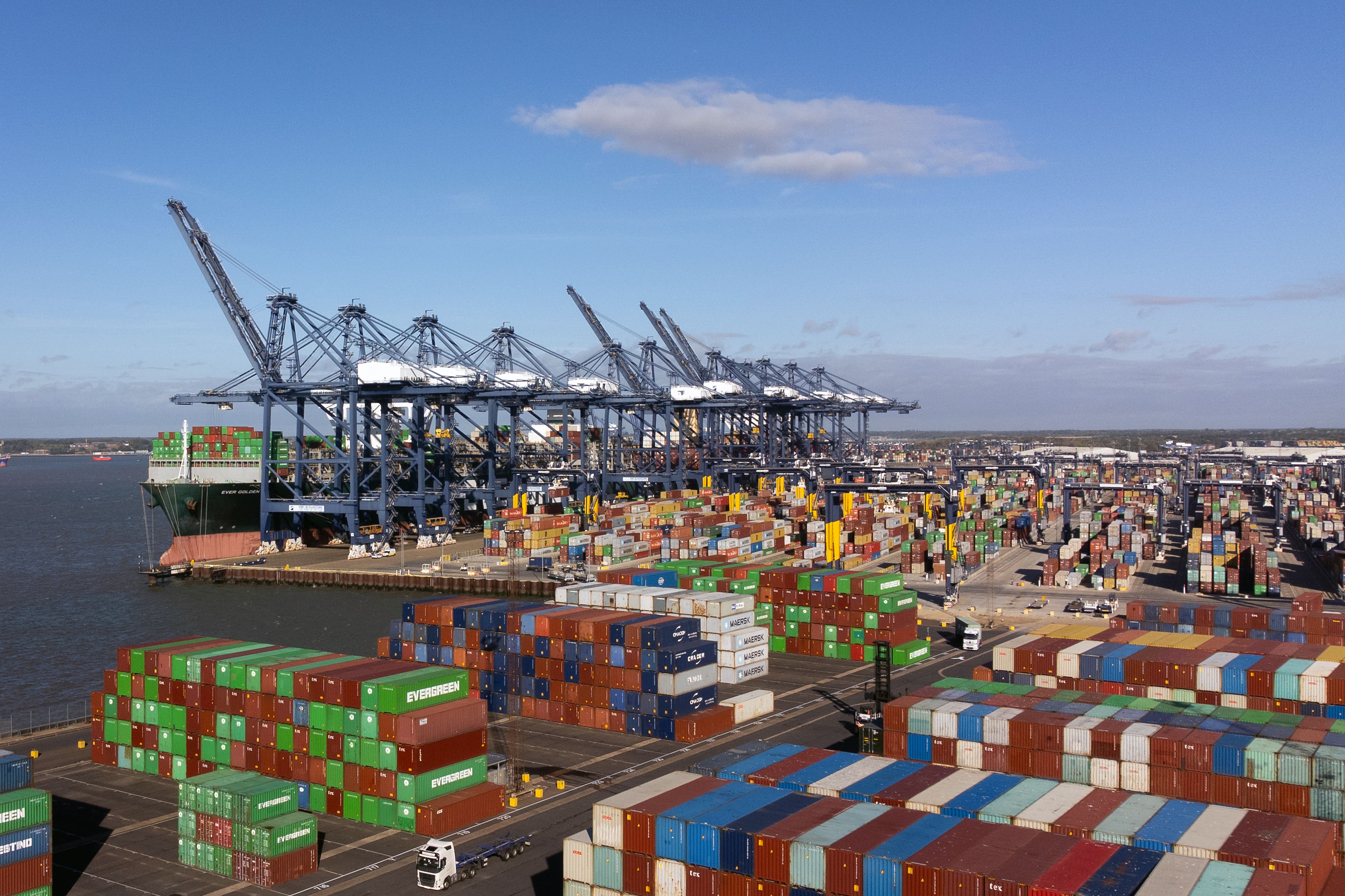Joining the CPTPP trade bloc: What does it mean for the UK?
Britain has been accepted as the first European member of the Indo-Pacific grouping.

Your support helps us to tell the story
From reproductive rights to climate change to Big Tech, The Independent is on the ground when the story is developing. Whether it's investigating the financials of Elon Musk's pro-Trump PAC or producing our latest documentary, 'The A Word', which shines a light on the American women fighting for reproductive rights, we know how important it is to parse out the facts from the messaging.
At such a critical moment in US history, we need reporters on the ground. Your donation allows us to keep sending journalists to speak to both sides of the story.
The Independent is trusted by Americans across the entire political spectrum. And unlike many other quality news outlets, we choose not to lock Americans out of our reporting and analysis with paywalls. We believe quality journalism should be available to everyone, paid for by those who can afford it.
Your support makes all the difference.Britain is to become the first European nation to join a major Indo-Pacific trade bloc stretching from Canada to Australia.
– What is the CPTPP?
The Comprehensive and Progressive Agreement for Trans-Pacific Partnership, to give it its full name, is an 11-nation bloc comprising Australia, Brunei, Chile, Japan, Malaysia, Mexico, New Zealand, Peru, Singapore, Vietnam and Canada.
It grew out of talks initiated by the US administration of Barack Obama, only for Donald Trump to pull out when he became president in 2017, with the Americans saying it was being “pushed by special interests who want to rape our country”.
The aim is to remove barriers to trade, with members required mutually to drop more than 95% of their tariffs on trade.
Together their economies represent 13% of the world’s total gross domestic product (GDP) with a combined population of more than 500 million.
– Why does Britain want to join?
CPTPP membership has been a key goal of the Conservative Government since leaving the EU, opening negotiations nearly two years ago.
Rishi Sunak has said it is an example of the UK exploiting its “post-Brexit freedoms” to open up new markets for British exporters in a way that would have been impossible while it remained in the EU.
Joining is seen as a big win by proponents of the “Global Britain” vision espoused by Boris Johnson when he was prime minister.
– So will it lead to higher economic growth?
Critics point out that the UK already has trade agreements with nine of the 11, with only Malaysia and Brunei not already covered.
Officials say it will deepen those arrangements, but even the Government’s own estimates suggest that it will add only £1.8 billion a year to UK GDP in 10 years’ time, an increase of less than 1%.
Ministers however argue it is a gateway to the wider region, which has 60% of the world’s population and is set to account for more than half of global economic growth in the decades ahead.
They say membership will also enable the UK to shape its development as more nations join and resist “unfair and coercive” trading practices.
– Are there other concerns?
Ministers have faced questions as to how UK protections on food safety, animal welfare, the environment and data protection can be maintained under CPTPP rules.
There have been concerns too about intellectual property rights and the potential implications for the cost of drugs to the NHS while unions worry about workers’ rights.
Officials say they have ensured high food safety and animal welfare standards will remain in place while ministers made clear the NHS and the price it pays for drugs were “not for sale” in the negotiations.
They point to the UK’s success in fending off demands from Canada to admit hormone-treated beef.
Labour however warned that “the devil is in the detail”, saying the Government has struck a series of “desperately bad” trade deals since Brexit, including the agreement.